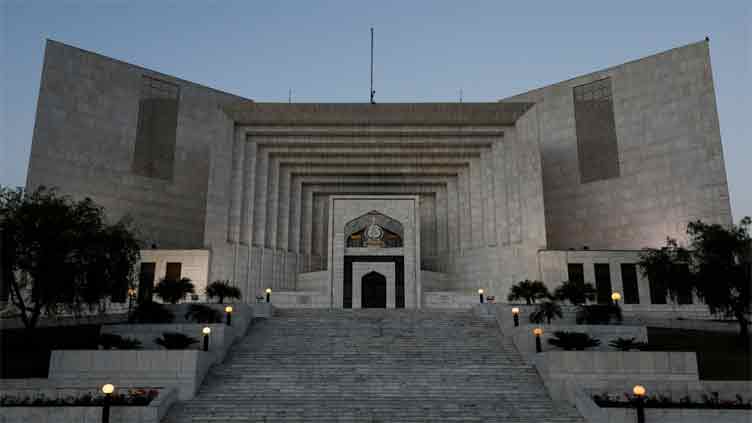- Web Desk
- Feb 24, 2026
SC overturns LHC ruling on fuel price adjustments
-

- Hum News
- Oct 17, 2023

ISLAMABAD: In a landmark decision on Monday, the Supreme Court (SC) of Pakistan nullified a judgment by the Lahore High Court (LHC) from February 7, which had deemed the imposition of fuel price adjustment, quarterly tariff adjustment, and a change in the status of tariff from industrial to commercial illegal.
According to Dawn.com, the three-judge SC bench, led by Chief Justice of Pakistan Qazi Faez Isa, heard appeals filed by power distribution companies (Discos) against the LHC’s decision.
The SC deemed the LHC decision impractical both constitutionally and legally, asserting that the appropriate forum for such matters is the National Electric Power Regulatory Authority’s (NEPRA) appellate tribunal.
However, the petitioners were directed to approach the tribunal within 15 days to challenge the High Court’s decision, with the tribunal expected to reach a decision within 60 days.
In its order, the apex court outlined a draft proposal, stating that the statutory provision of 60 days would be adhered to by the tribunal in deciding the appeals. The parties involved agreed to pay the levy charges determined by the authority for future adjustment, pending the tribunal’s decision. Until a decision is reached, any arrears claimed by Discos will remain in abeyance.
Read More: Summary seeks to limit pension duration to 10-year after demise of retired employee
The SC found fault with the LHC order, noting that the relief granted was not even sought by the petitioners (consumers), rendering the decision illegal, unconstitutional, and unworkable. The Attorney General for Pakistan argued that the petitions before the LHC were not maintainable as the petitioners had an adequate remedy available under the law.
The LHC’s previous order had instructed NEPRA to explore cost-effective methods of producing electricity and mandated the government to provide the maximum subsidy allowed under the law to consumers using up to 500 units per month.
The high court’s decision came in response to petitions from domestic, industrial, and commercial consumers challenging the recovery of fuel price adjustment and other levies for July.
The SC, while cautioning NEPRA against charging exorbitant tariffs beyond the paying capacity of domestic consumers, instructed the regulator to assign responsibility for overcharging based on line losses and inefficient power plants. The financial burden resulting from overcharging will be shared by the companies proportionately.




